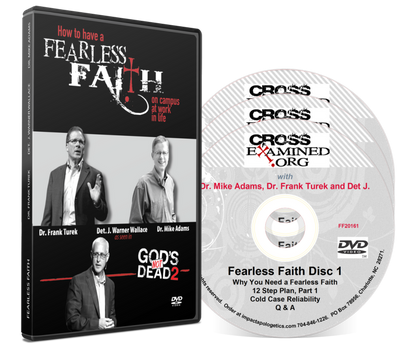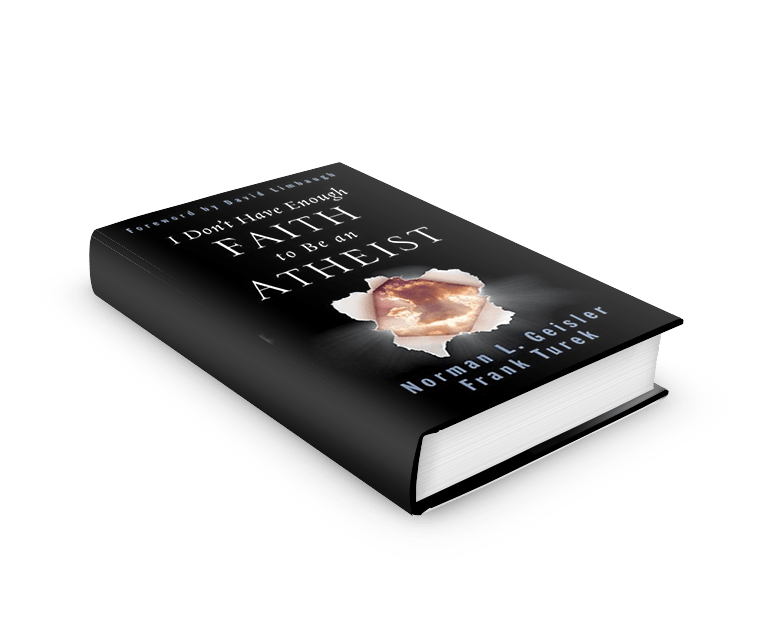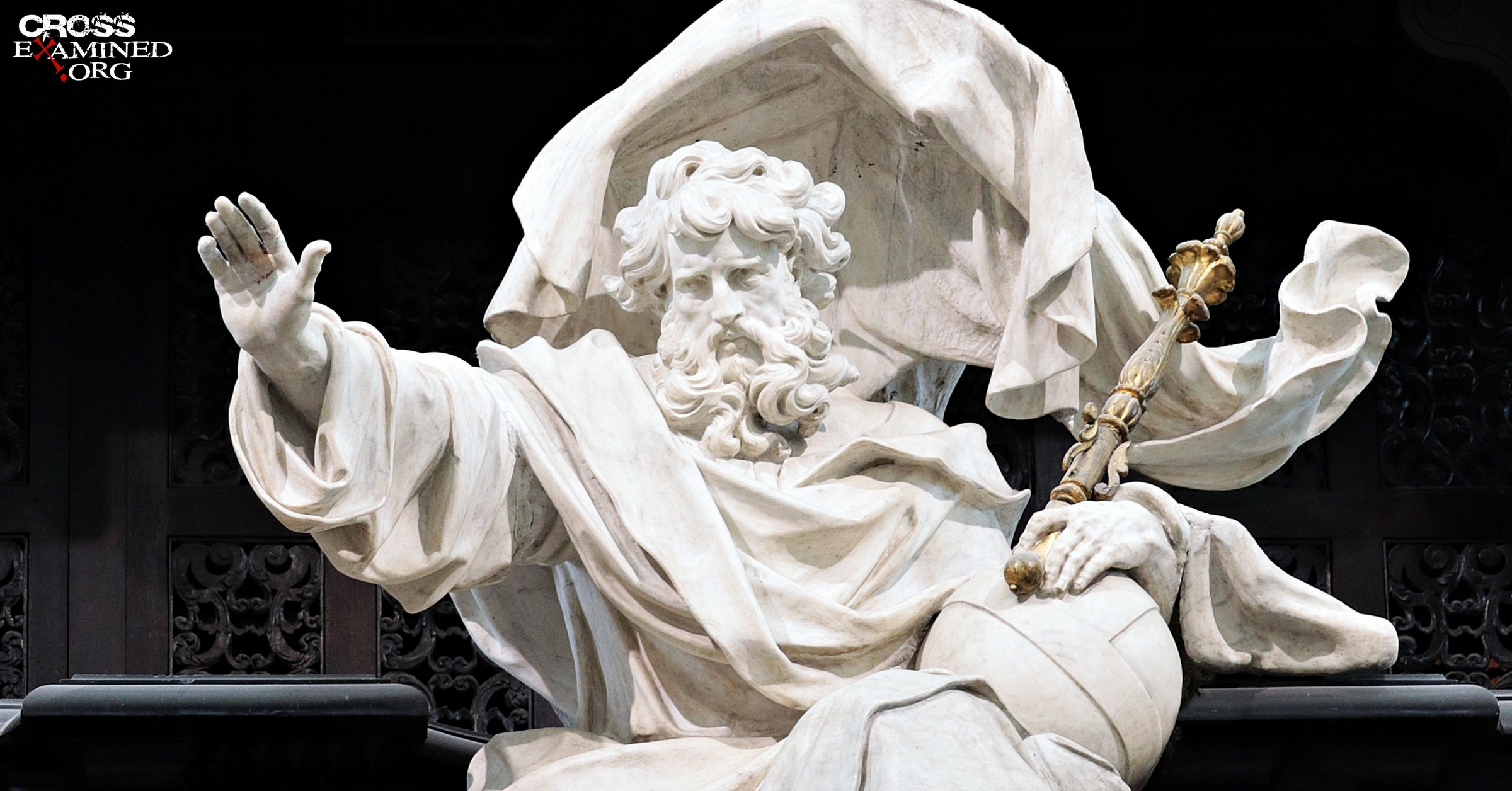Faith: ‘wishful thinking’?
I often hear people talk about faith as if it is ‘wishful thinking’. This is especially true in the ‘science vs. religion’ debates. “I have my reason…. you have your faith…” is the general sentiment. I have even heard Christians use a similar way of speaking. In some circles, there seems to be an attitude that you should ‘just believe’ and not question anything.
These views of ‘faith’ are a misunderstanding of epistemology (how we know what we know… what separates a justified belief from simple opinion) on one side, and what the Bible teaches on the other. The assumption from non-believers is that faith has no foundation. The assumption from some Christians is that the Bible teaches us to ‘just believe’ and that searching for reinforcement of our beliefs is some kind of sinful doubting.
Faith, though… whether in religion or secular… is a very similar thing. If I decide to fly to Chicago tomorrow, I’d go to an airport and travel in a jet. I don’t know for certain that gravity will work the same way tomorrow, and the jet will get to its destination (baring other things which could go wrong). However, I am reasonably confident in what science has discovered about the nature of gravity and its consistency. I am also reasonably confident in-flight safety records. My chances of a safe flight are extremely good. If this were not the case, I wouldn’t have so much ‘faith’ in the whole process and would walk or drive.
In this use of ‘faith’, everyone can see what I mean. It is a trust or confidence in what I do know, even if I might have fears, doubts, and lets face it… in this case, some uncertainty. There is no full guarantee or promise that I will absolutely get there; nor can I prove it before I leave! It is, a leap of faith.
Christian faith is similar in many ways. I can’t put it all in a set of test-tubes and beakers in a lab and test it. I can’t, in some complete way, prove it to you. But what, when you think about it, can you ultimately do this with? The set of things is pretty limited. I can’t prove my senses are 100% accurate, though without them, life would be incredibly uncertain. I can’t prove my wife loves me in a ‘naturalistic scientific’ way. There is no lab test for that kind of thing…. any such tests would depend on things we already suppose we know about the way things work.
Christian faith is based on trust in what God has done for us, and will do for us. This is based on our relationship with God, God’s revelation to us, history, science (yes, I said science… more on this in another post), and experience. It may or may not be something I can ‘prove’ to you (depending on what prove means to you), but it is certainly NOT wishful thinking.
Faith is essentially trust. We trust things based on many criteria. Just like the factors involved in my jet flight, or my wife’s love for me, some of these criteria can be ‘proven’ to various degrees, and some are harder to measure. We do this all the time, every day of our lives. Christian faith is really no different. How faith differs from belief, is that we are confident enough in it to put it into action. I might reasonably believe the jet will get me to my destination safely, but until I climb aboard, it doesn’t really become faith. Christians believe in the promises of God in Christ, and then exercise faith by putting their lives (and souls) in Christ’s hands.
This article was first published at TilledSoil.org. Copyright © 2013 TilledSoil.org. All rights reserved.
Resources for Greater Impact
I Don’t Have Enough Faith to Be an Atheist (Book)















Leave a Reply
Want to join the discussion?Feel free to contribute!